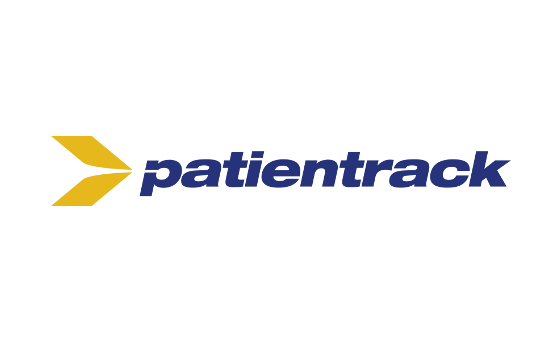 NHS professionals at a North West trust have been shortlisted for the prestigious national Patient Safety Awards, following important work around rapid response for deteriorating patients. The team at St Helens and Knowsley Teaching Hospitals NHS Trust innovated with their Patientrack electronic observations system to tackle a major cause of complications for patients on intravenous fluids and electrolytes.
NHS professionals at a North West trust have been shortlisted for the prestigious national Patient Safety Awards, following important work around rapid response for deteriorating patients. The team at St Helens and Knowsley Teaching Hospitals NHS Trust innovated with their Patientrack electronic observations system to tackle a major cause of complications for patients on intravenous fluids and electrolytes.
The Acute Kidney Injury Team drew on their clinical expertise to enhance how staff use Patientrack to monitor fluid balance, with the system already used by the trust more widely for bedside observations, to capture patient vital signs, and to deliver electronic early warning scores that allow the sickest patients to be quickly identified.
The new use of the system resulted in reduced length of stay and mortality often associated with poor fluid management in hospitals.
Ragit Varia, Consultant in Acute Medicine and Clinical Director of the Acute Medical Unit at St Helens and Knowsley Teaching Hospitals NHS Trust, said: "The implementation of the innovation of eFluid charting has vastly enhanced patient safety. This means we have more accurate charting, calculations and therefore higher quality patient fluid plans, whilst providing an enhanced user experience for bedside data entry and recognition of deterioration."
Led by the Acute Kidney Injury Team at the trust, the project contributed to a 23% improvement in the fluid and electrolyte disorder indicator that is included within the Hospital Standardised Mortality Ratio: a national benchmark for patient mortality.
Moving to a paperless electronic system has also eliminated calculation errors, and saw a reduction on length of stay of more than two days for patients with acute kidney injury, a condition linked to thousands of deaths across the country each year.
The work is expected to be of interest to other NHS hospitals, with national reports highlighting as many as one in five patients across the country on IV fluids and electrolytes suffering complications or morbidity due to inappropriate fluid administration.
Donald Kennedy, managing director at Patientrack, said: "Providing frontline clinical staff with the means to embed their clinical expertise into the systems they use is absolutely essential for technology to remain relevant and useful in the NHS.
"This is a powerful example of our NHS customers innovating with technology to deliver enhanced patient safety, and it is great to see the work recognised as it is shortlisted in the national Patient Safety Awards, an opportunity to share best practice and to allow more people to learn about the impact of this important project."
About St Helens and Knowsley Teaching Hospitals NHS Trust
St Helens and Knowsley Teaching Hospitals NHS Trust provides a full range of acute healthcare services across Whiston, St Helens and Newton hospitals, including inpatient, outpatient, maternity and emergency services. They also deliver adult community services across St Helens and have just opened their first GP Practice. The Mersey Regional Burns and Plastic Surgery Unit is also located at Whiston Hospital, providing treatment for over 4 million people across the North West, North Wales and the Isle of Man.
About Patientrack
Patientrack helps hospitals deliver safer cost effective care - by ensuring observation and assessment protocols are carried out correctly and consistently, and by automatically calculating early warning scores and alerting clinicians when interventions are needed. Through early identification of deteriorating patients, and the promoting of necessary assessments, Patientrack helps hospitals meet national and local targets for improvements in patient safety and outcomes whilst supporting frontline staff and reducing the need for paper notes. Patientrack was developed in conjunction with health professionals and its effectiveness in delivering both patient safety and cost improvements has been proven in a peer-reviewed clinical journal.From 2018, Patientrack is to enhance its work with NHS hospitals, following an agreement to be acquired by health informatics software company Alcidion Group. The move will create a powerful specialist healthcare technology company focused on next-generation patient safety, decision intelligence and analytics technology for healthcare.